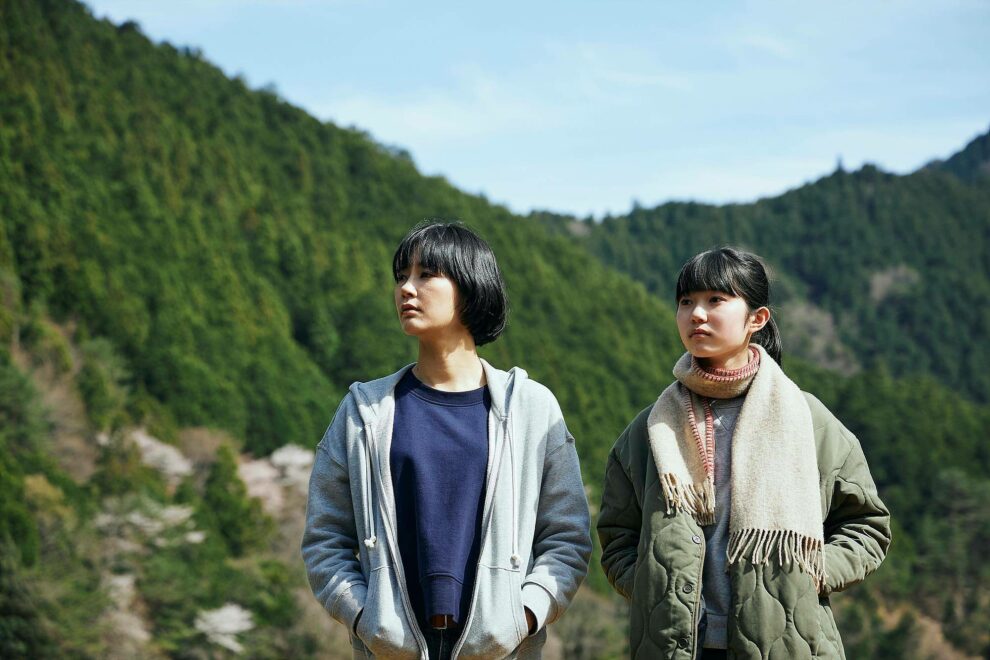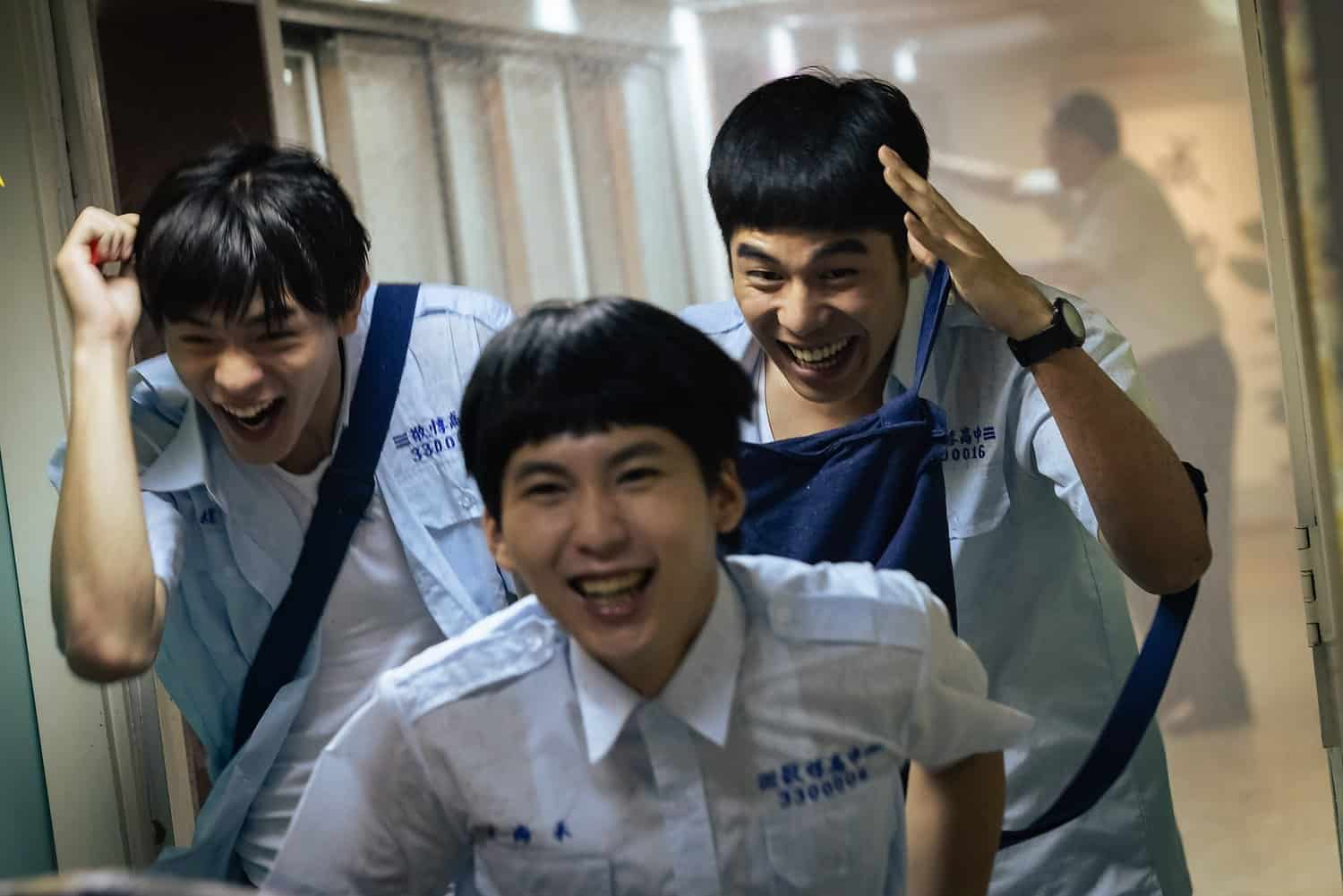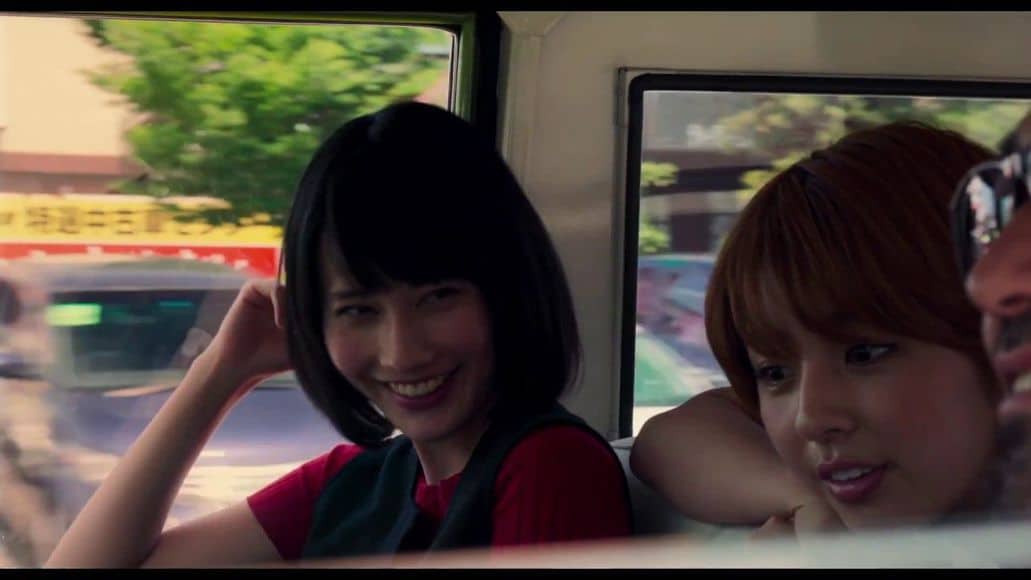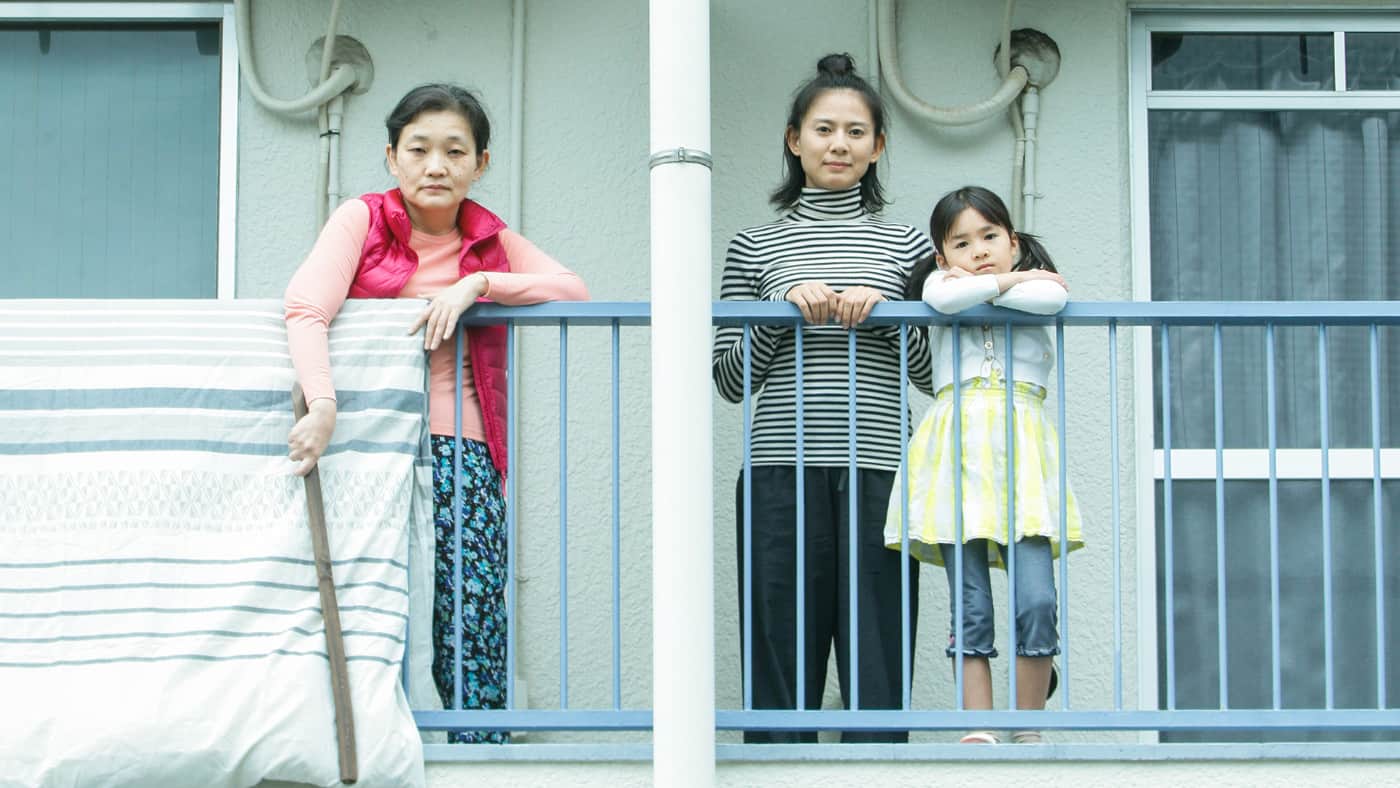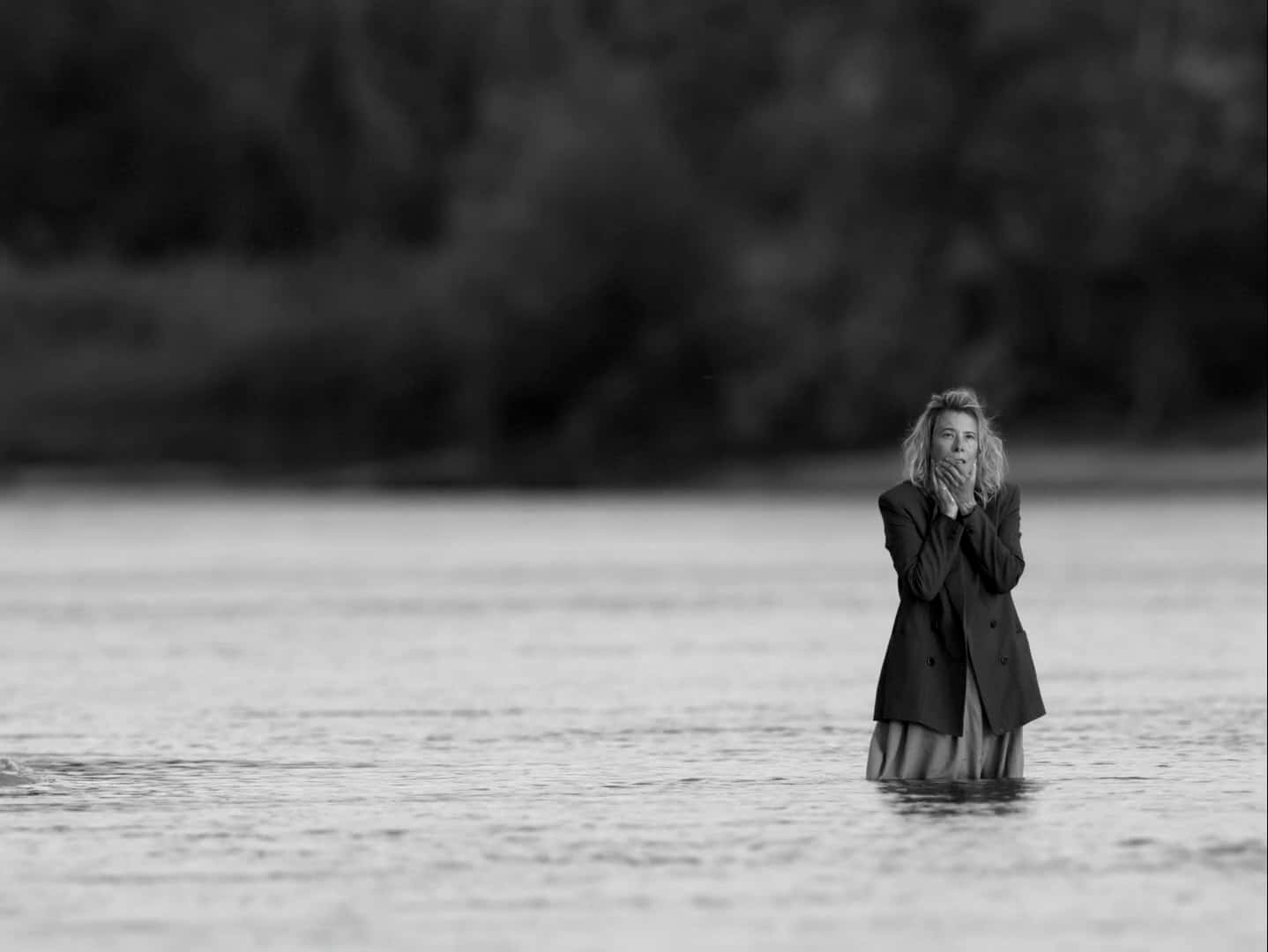Produced by Naomi Kawase with the help of Nara International Film Festival, “Beyond the Fog” is the second feature by Daichi Murase, and has already had a successful festival run, premiering in San Sebastian and now finding its place at Busan.
Beyond the Fog is screening at Busan International Film Festival
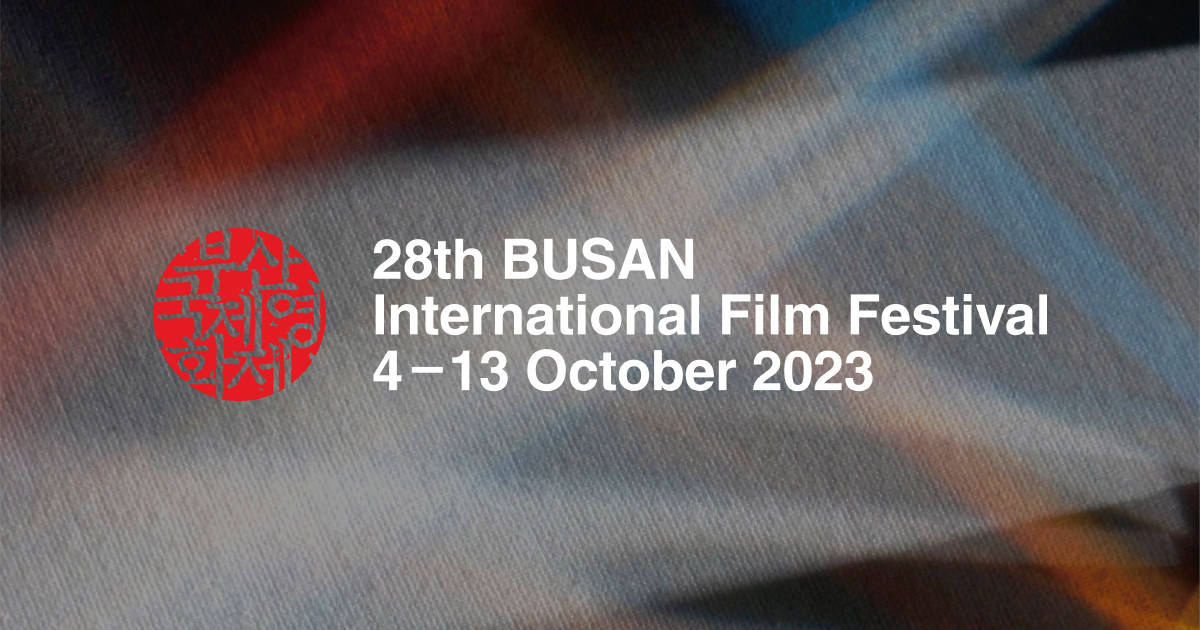
The slow-burn, almost tiptoeing-around-its-characters story takes place in a remote mountain village, in Japan. The village was once popular, but as tourism declined so did the area and the inn that the story revolves around. Currently, it is run by Shige and Saki, his daughter-in-law, since her husband has moved away from the area, as much as from her and their 12-year-old daughter, Ihika. Ihika is quite close to her grandfather, which makes her life even more difficult when the signs of senility become more intense. One day, Shige disappears, and the family, and particularly Saki, are forced to make a decision about the inn and themselves.
Through a very gentle approach, Daichi Murase shows how everyday life in secluded locations is and how it is essentially declining due to intense urbanization. Within this setting, he also places two additional and rather interesting aspects within the narrative, with Saki's life and fate and Ihika's coming of age providing the other two main themes here. Particularly the first, even if it is somewhat placed in the background, is quite intriguing to watch, with Saki showing how she has ended up with a life and choices she was not not exactly going for, with the responsibilities essentially of a whole family lying on her shoulders. Expectedly, Ihika is also affected by the situation, on a whole other level, though, since hers is more an effort to understand the decisions of the grown ups than make them herself.
In that regard, there are two scenes that truly stand out, with the aftermath of a celebration in the inn and the question Ihika poses to her mother close to the end highlighting all the aforementioned in the most eloquent fashion.
There are not many events taking place here, and the lack of tension is quite apparent, perhaps with the exception of the disappearance of the grandfather, which is also presented, though, as something that looms above the character than an actual case. As such, the focus lies at least as much to showcasing the particular setting, in a style that will remind many of Kawase's works. Takeshi Dodo's cinematography in that regard is one of the movie's best aspects, with his long shots in particular, the images of the fog, and the repeated shots of the protagonists showing their backs definitely staying on mind. Kohei Tadano's editing results in a rather slow pace, with the rhythm, though, staying steady throughout the movie, in a feat that is by no means easy.
The acting follows suit, with the two main protagonists mostly presenting their feelings through their silences, looks, and subtle reactions. Shuri Miyake as Ihika shows her “rebellious” attitude through the way she treats her grandfather, as a friend instead of an elder, in probably the most tender aspect of the movie. Asami Mizukawa as Saki is also quite convincing in highlighting the pressure she feels in the most laconic fashion.
“Beyond the Fog” is definitely addressed exclusively to art house fans, with its focus lying on rural beauty, but still manages to make a number of comments while remaining easy to the eye from beginning to end.


